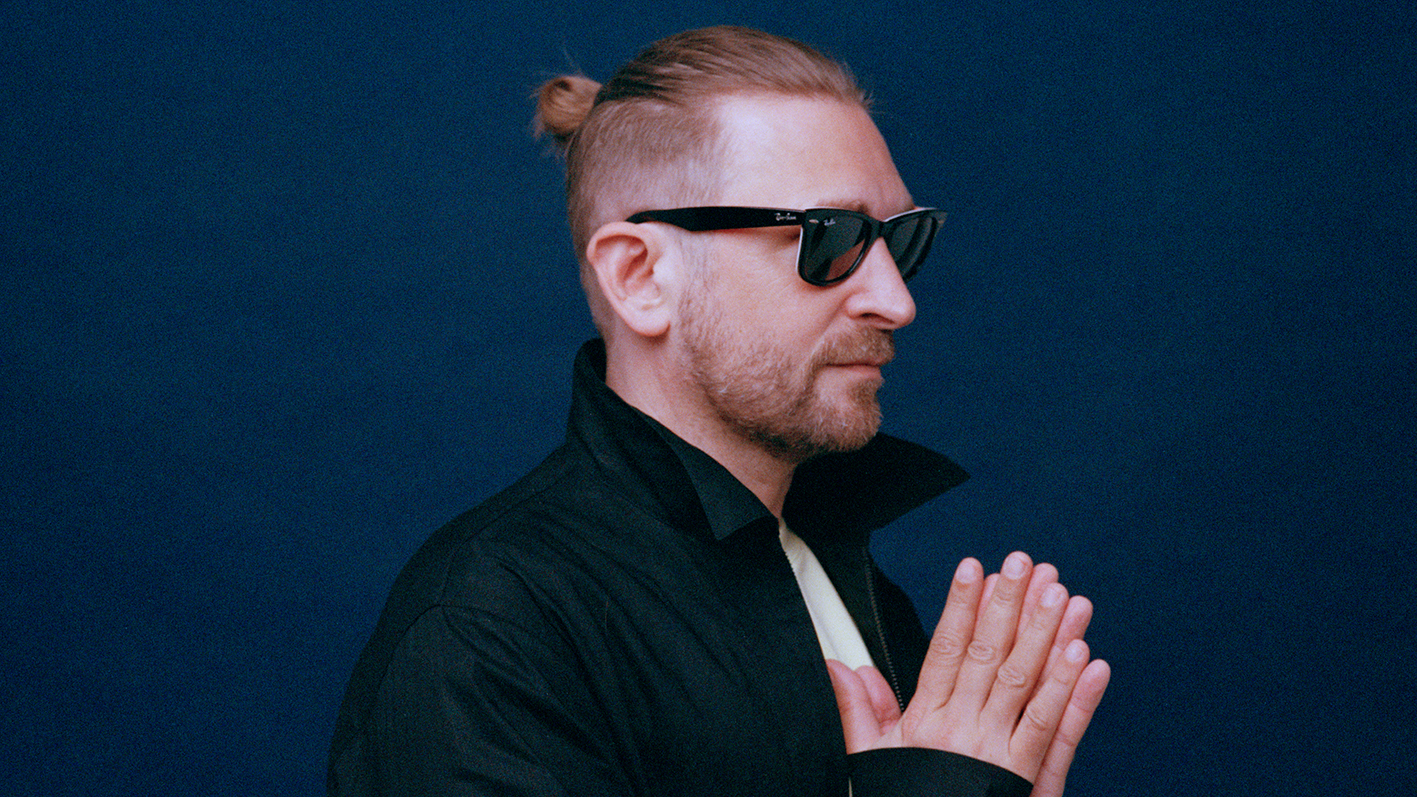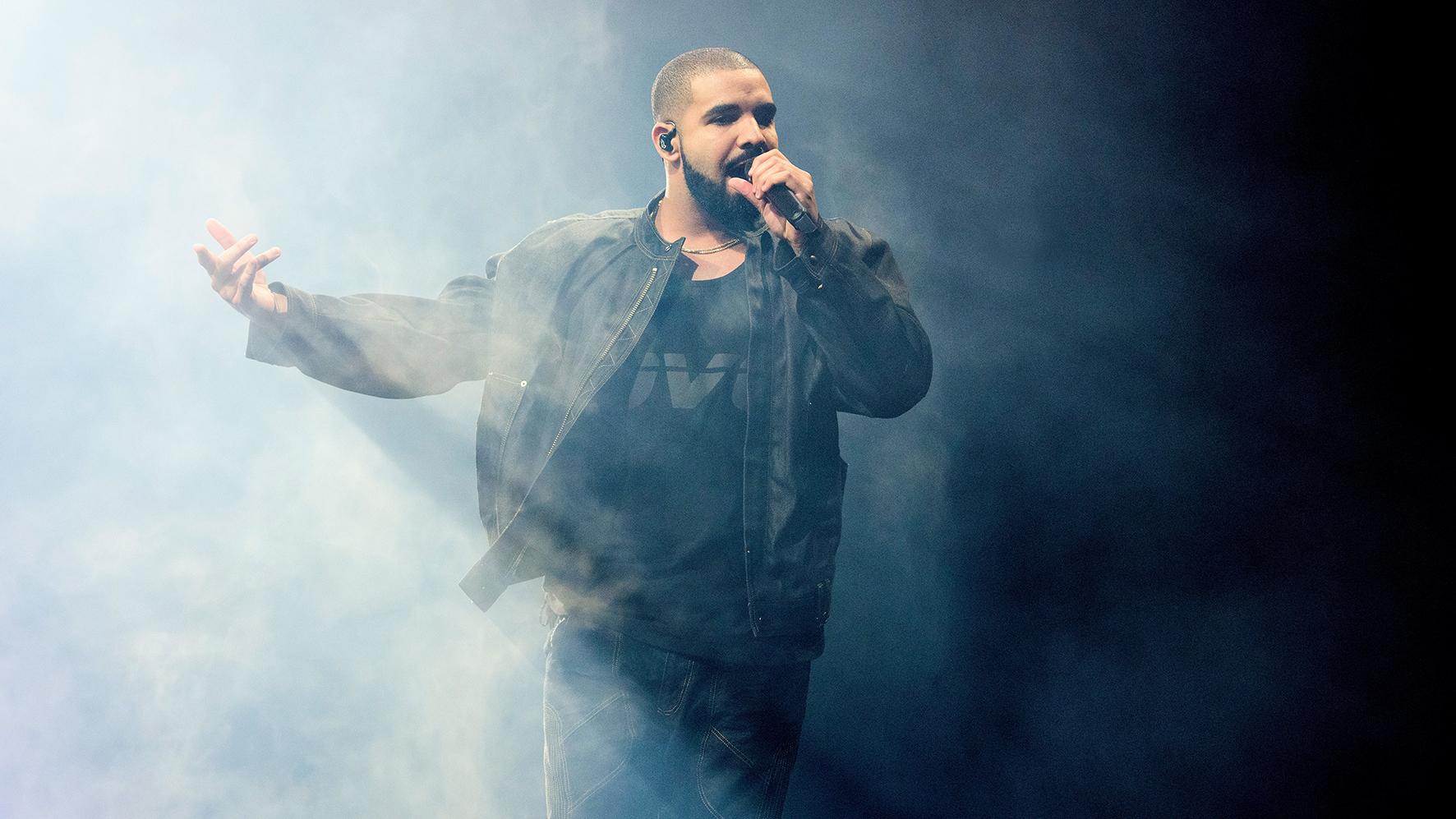Voice-Swap is an AI-powered platform that enables fans to legally clone artists' voices, and artists to monetize their own
Launched by DJ Fresh and Nico Pellerin, Voice-Swap hopes to set an example for "how AI can be harnessed responsibly, ethically, and beneficially"

Want all the hottest music and gear news, reviews, deals, features and more, direct to your inbox? Sign up here.
You are now subscribed
Your newsletter sign-up was successful
AI vocal cloning has become a hotly debated topic in recent months, as new software powered by machine learning has enabled enterprising fans to create AI cover songs that replace their own vocals with fake, AI-generated versions of famous artists'.
These unauthorized productions have even made their way on to streaming services: in April, a track featuring AI vocal clones of Drake and The Weeknd began going viral on TikTok and racking up thousands of Spotify streams before Universal Music Group issued a statement decrying the use of AI vocals and the track was subsequently taken down.
The big question is, now that this technology is becoming increasingly accessible, how will the music industry adapt to the fact that platinum-selling artists can have their voices cloned and used in anyone else's music? Producer and DJ DJ Fresh and software developer Nico Pellerin, the duo behind new AI vocals platform Voice-Swap, believe they have the answer.
Voice-Swap does the same thing that most AI vocal software does: feed the platform a vocal recording and it'll change the vocal timbre to sound like a different voice. The difference is that Voice-Swap makes use of AI voice models that have been authorized by the artists that the voices belong to. After signing up and allowing their voices to be used, each artist receives a 50% share of the revenue generated by their voice model through the Voice-Swap platform.
This kind of AI vocal cloning could be useful in a variety of scenarios, beyond the gimmick of hearing your own vocals sung in the voice of a well-known artist. The founders suggest that it could facilitate remote collaborations, empower artists to hear their ideas from a new perspective, and allow producers to create realistic demos without having to shell out for studio time.

So far, Voice-Swap only features the voices of five artists: Angie Brown, Nikki Ambers, Dominique Young Unique, Jamie McCool and Liam Bailey. However, the founders hope to expand the platform to feature hundreds more, and all artists are invited to submit their vocals. According to Voice-Swap, all that's needed is 25 minutes of singing, or eight a capella tracks, to create a vocal clone of any artist's voice.
Artists retain ownership of any AI-generated recordings which use their voice model. Once a user makes use of an artist's voice model in their work, they're able to contact representatives for the artist through Voice-Swap to discuss the possibility of commercially releasing the track in question. There's no obligation for the artist to agree to the licence or feature on the recording.
Want all the hottest music and gear news, reviews, deals, features and more, direct to your inbox? Sign up here.
Voice-Swap is based on a "robust rights and permissions framework" and the platform has a no-tolerance policy towards unauthorized commercial use of an artist's voice: they plan to make use of patent-pending technology that traces each vocal recording back to its source in order to prevent piracy.
Voice-Swap is a subscription-based platform with three tiers that range from $5.99 to $29.99 a month. New users can access a minute's worth of credits for free.
Find out more on Voice-Swap's website.
🚨introducing https://t.co/fmThx8VwLs with @nicopellerin_io Use voice-swap to swap your singing voice legally with any of our chart-topping partner artist's voices. Create demos straight from your phone or process studio quality vocals in seconds 🚀 pic.twitter.com/G4Wk67CpZ8June 29, 2023



I'm MusicRadar's Tech Editor, working across everything from product news and gear-focused features to artist interviews and tech tutorials. I love electronic music and I'm perpetually fascinated by the tools we use to make it.